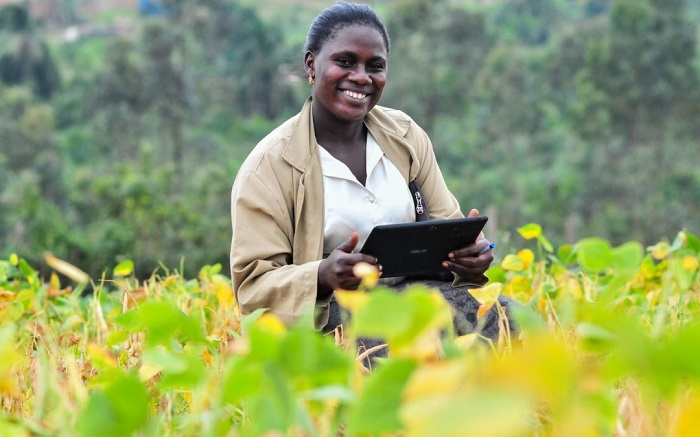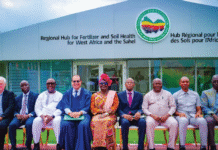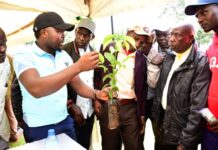United Nations Environment Program (UNEP) and its partners are working in Africa to boost smart agricultural production in Africa. This will not only create jobs but will also serve to counter climate unpredictability.
For instance in one of Cameroon’s communes solar driers have been used since early last year to dry cassava and store it for longer. This has allowed farmers to get better prices compared to before when they were forced to sell quickly at low prices. However, since the inception of the initiative, over 500 cassava farmers have reduced their post-harvest losses and obtained higher prices. This is while at the same time creating a market opportunity for solar drier suppliers.
Similarly, the local government in Uganda’s Kingdom of Buganda has won a US $141m contract for its farmers to supply cassava to Uganda Breweries. Previously, a major challenge was to provide a regular supply of quality cassava. Now, solar-powered micro-irrigation is being used to enhance yields. Moreover, solar driers are helping to preserve surplus crops for later use. Presently, several hectares have been set aside in Busiro County to produce cuttings for use in all 18 of the Kingdom’s counties.
The above are but two examples of smart agriculture achieved thanks to innovative partnerships, fostered by UNEP and its partners under the Ecosystem-Based Adaptation for Food Security Assembly (EBAFOSA) initiative set up in 2015.
Richard Munang, Africa regional climate change coordinator with UNEP has said that such interventions provide important lessons for farmers across Africa. EBAFOSA promotes renewable energy investments, including the expansion of electricity access in rural areas. The Assembly also promotes food security and socioeconomic development by reducing post-harvest losses estimated at around US $48Bn in Africa.









